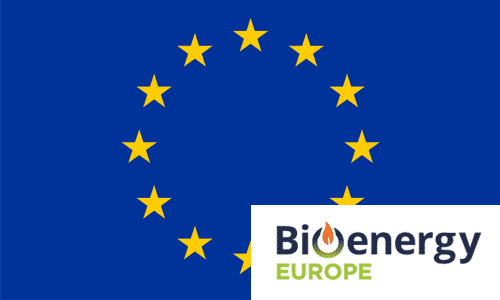The European Commission announced during the last meeting of the Deforestation Regulation Multistakeholder Platform that they will pilot test their database with 100 companies, which will have the opportunity to test the Information System’s functioning and report bugs and issues. Bioenergy Europe has applied for this Multistakeholder Platform and if accepted, members will be able to apply. The deadline is 17 November. For more information, please contact Daniel Reinemann.
